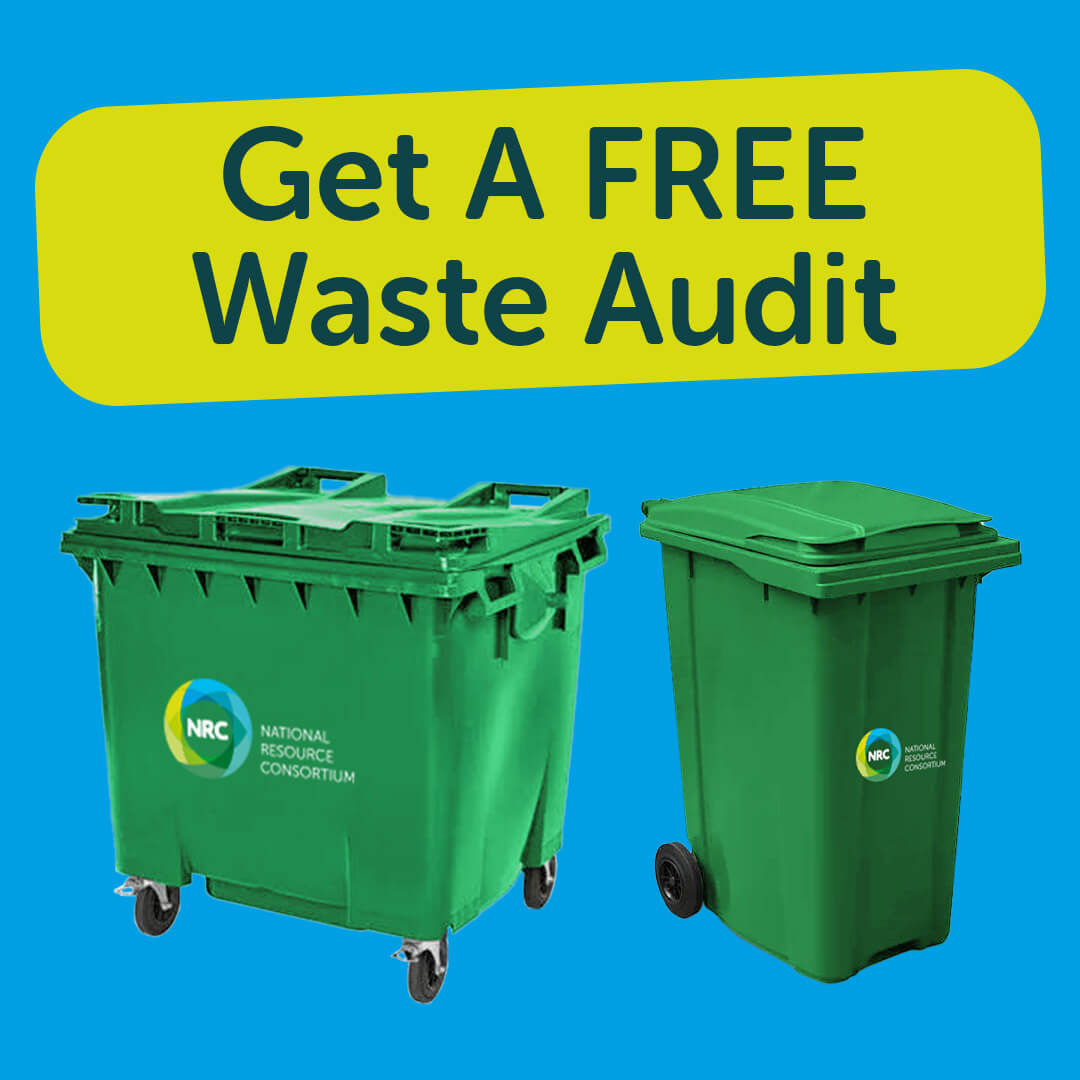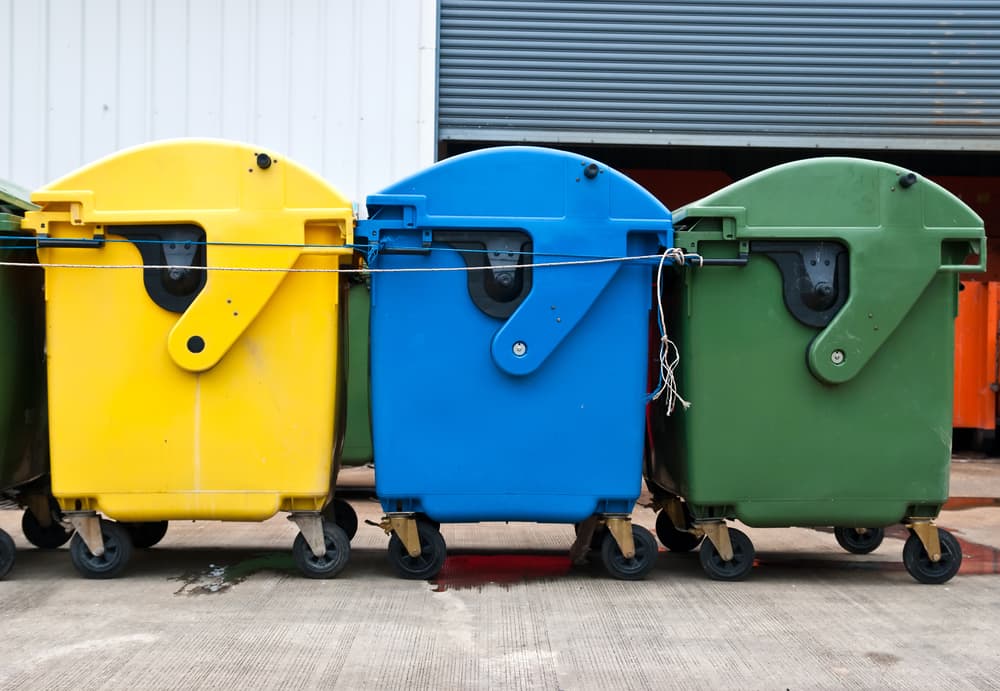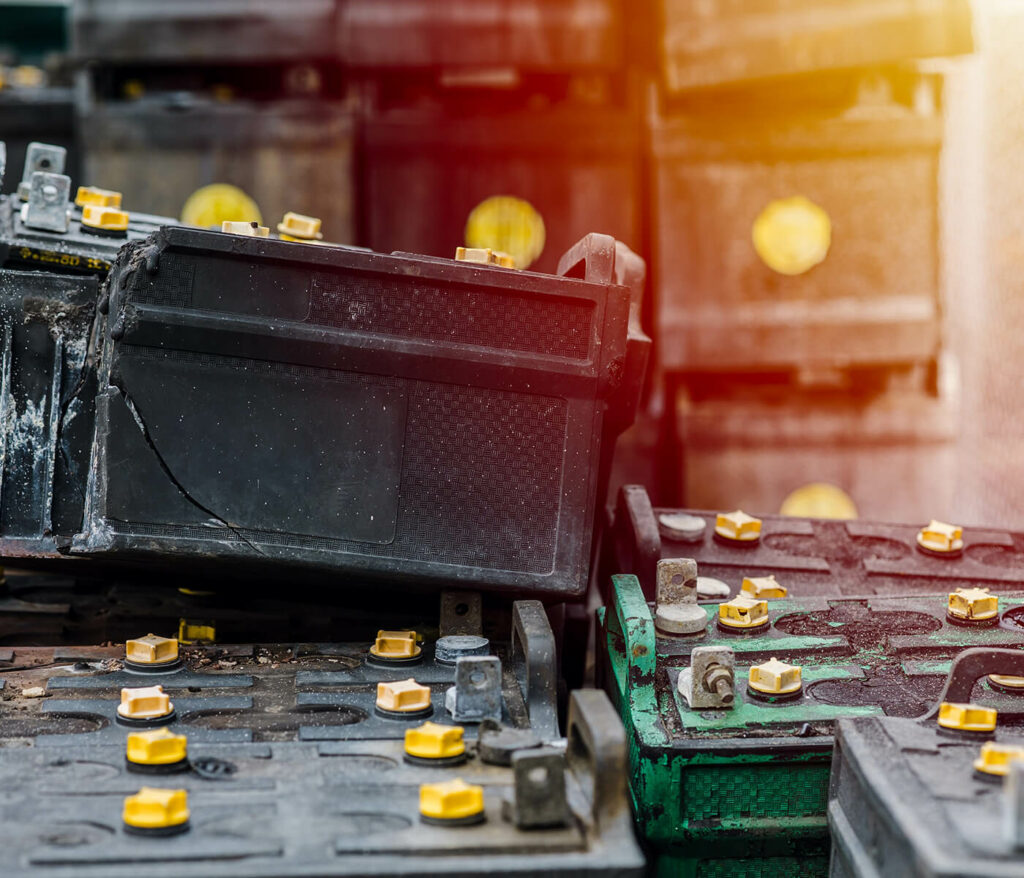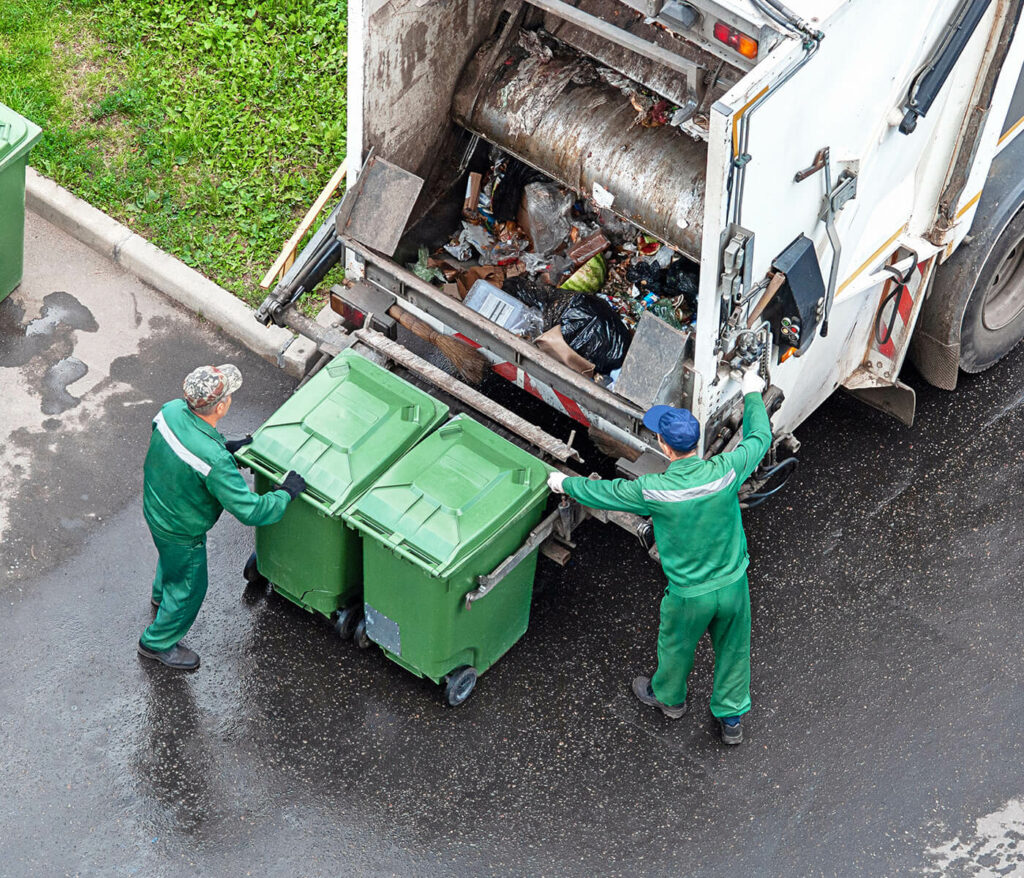May 9th, 2024

Businesses everywhere are looking to improve their sustainability practices, manage waste more effectively, and, in doing so, uncover potential savings. Preparing for a waste management audit is a vital part of this.
Let’s examine the importance of these audits, the process, the types of waste that businesses contend with, strategies for effective waste reduction, and how to collaborate with waste management service providers to achieve sustainability goals and operational efficiencies.
Key Points
The Importance of Waste Management
Waste generation is inevitable in business operations, but its management can affect the environment and a company’s bottom line. Through effective waste management strategies, businesses can reduce their environmental impact, align with sustainability goals, and uncover new sources of revenue or savings.
Waste Audit Process
Conducting a Waste Audit: Steps and Procedures
A waste audit is a detailed look at a business’s waste streams, including the types of waste generated, quantities, and current management practices. This involves assessing waste and recycling bins, reviewing waste collection frequencies, and identifying opportunities for waste reduction.
Analysing Different Types of Waste Streams
By analysing the volume of waste, including commercial, industrial, and recyclable, businesses can tailor their waste management strategies to be more effective and environmentally friendly.
Types of Waste in Business
Hazardous Waste
Hazardous waste poses significant risks to both the environment and human health. Proper separation, handling, and disposal methods reduce these risks.
- Chemical waste (e.g., solvents, pesticides, dyes)
- Electronic waste (e.g., computers, batteries, fluorescent bulbs)
- Medical waste (e.g., sharps, contaminated materials)
- Automotive waste (e.g., oil filters, brake fluid, batteries)
- Paints and varnishes
- Aerosols and gases
Food Waste
A key aspect of managing food waste better is understanding the environmental implications, particularly concerning methane emissions. Methane is a potent greenhouse gas, 28 times more powerful than carbon dioxide (CO2) in trapping heat in the atmosphere over 100 years. This makes it a critical factor in climate change.
- Spoiled produce and perishables
- Unused or expired ingredients
- Prepared food that goes uneaten
- Food scraps and peelings
- Damaged or out-of-date packaged food items
- By-products from food processing
Packaging Waste
Packaging waste contributes to the volume of waste generated by businesses. Efforts to minimise packaging waste through redesign, reduction, and recycling can have a positive environmental impact.
- Cardboard boxes and paper packaging
- Plastic wrapping and containers
- Glass bottles and jars
- Metal cans and foil
- Wooden pallets and crates
- Composite packaging (e.g., Tetra Paks)
Residual Waste
All businesses have a residual waste stream where no other treatment is possible, or the volumes are so low that they can’t support a recycling programme. At NRC, we offer a non-landfill solution to this, where general waste is shredded and processed into refuse-derived fuel (RDF) that can be burned in waste-to-energy plants.
- Contaminated packaging
- Waste products
- Bulky items
- Waste wood
- Non-recyclable waste
Partnering with NRC for reliable waste management
Choosing a commercial waste management service is a big decision for your business.
With NRC, we pride ourselves on offering transparent, affordable services without compromising quality. We provide customised solutions tailored to meet your business’s specific waste management.
Collaborating with NRC means you have proactive, expert support tailored to your needs, where waste management becomes a seamless aspect of your business operations, helping you to achieve your environmental goals while providing the peace of mind that comes from knowing you’re in capable hands.





